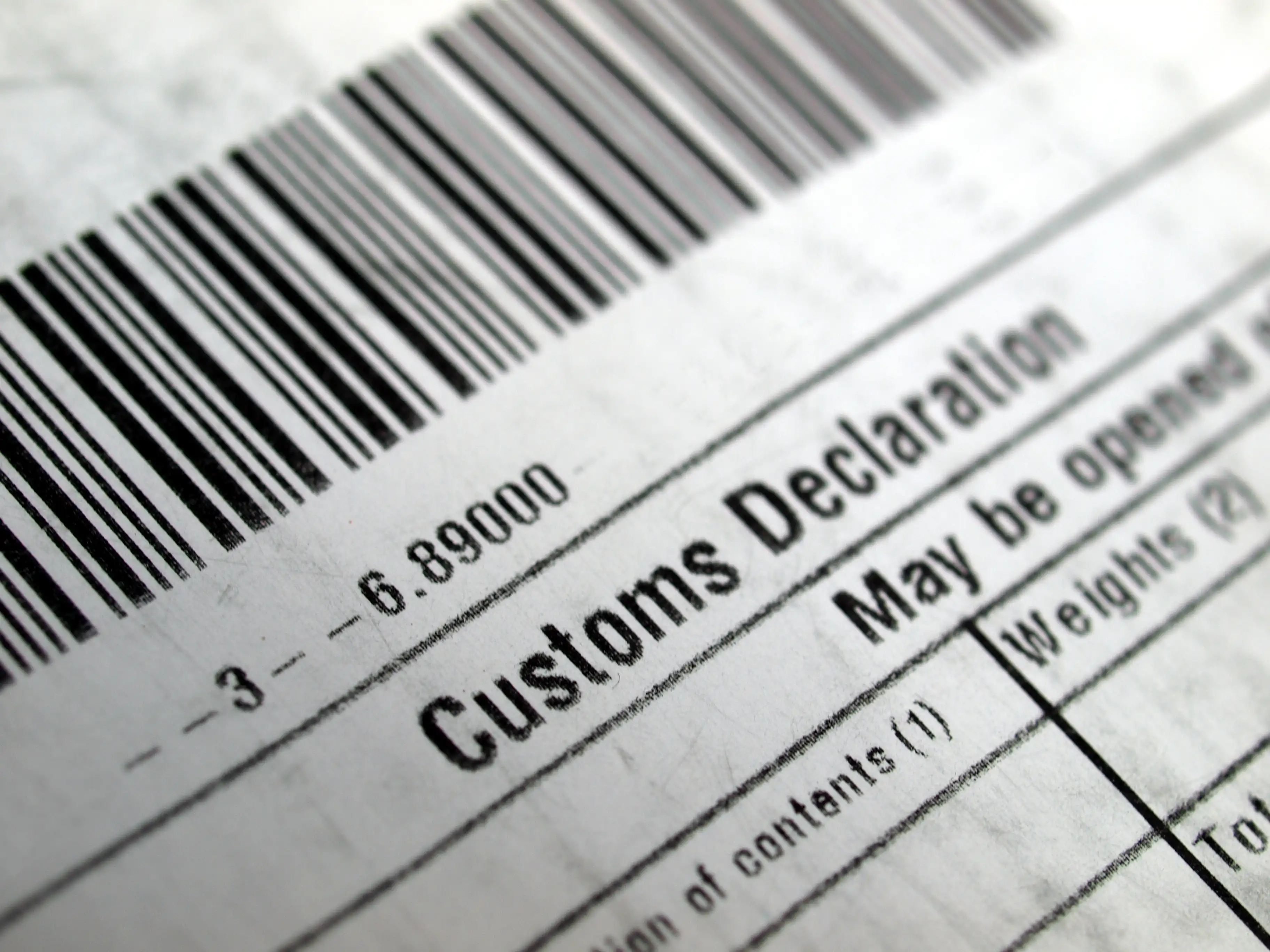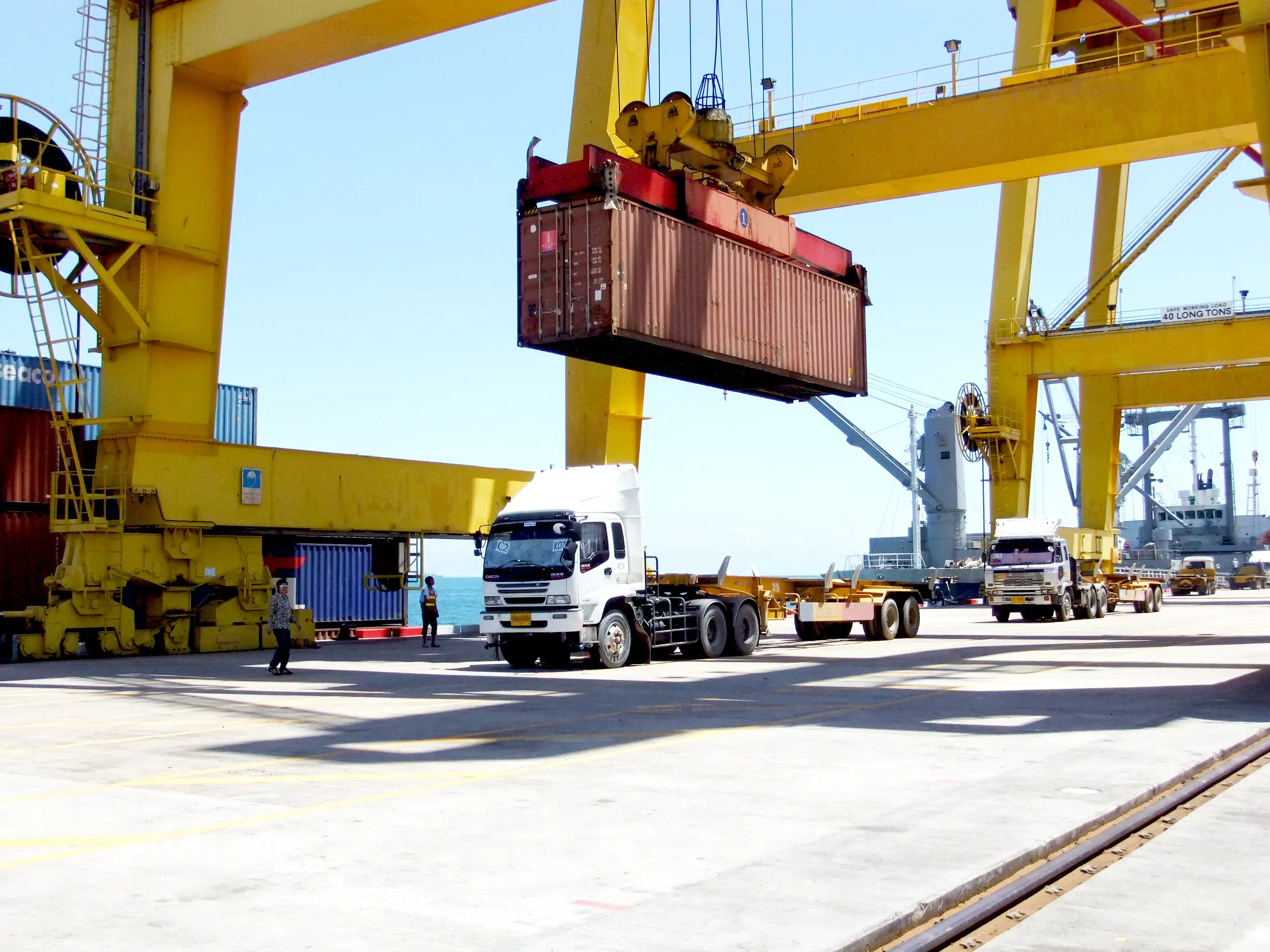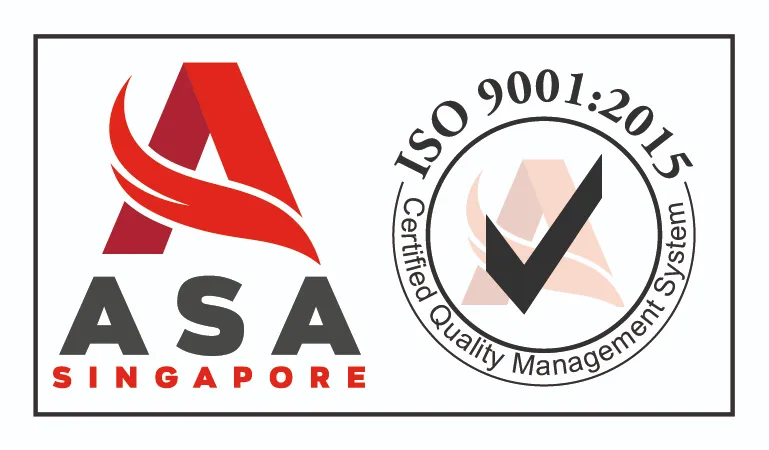
Permits are official documentation that goods have met all required standards and regulations, safeguarding Singapore’s economic interests and security. As businesses engage in international trade, these permits validate their operations, ensuring that all transactions adhere to stringent regulatory frameworks.
To aid traders and businesses in understanding and navigating this essential aspect of trade, this guide aims to simplify the complexities of obtaining import and export permits. Through a detailed walkthrough of the permit declaration process, including eligibility criteria and application procedures, Declarators will provide you with the necessary insights to secure your permits efficiently and effectively, setting the foundation for successful and compliant trade activities in Singapore.
What is an Export Permit?
An export permit is required whenever goods are destined to leave Singapore. Issued by Singapore Customs, this permit verifies that the exported goods comply with all applicable laws and trade agreements. It serves as a regulatory document and a means to track and manage the flow of goods out of the country, ensuring that exports adhere to international standards and regulations.
What is an Import Permit?
Conversely, an import permit is necessary to bring goods into Singapore. Like its counterpart, the import permit is issued by Singapore Customs and performs a similar role in ensuring that all goods entering the country meet the required safety and legal standards. This permit helps to prevent the entry of illegal and harmful items, protecting the local economy and residents.
Eligibility Criteria for Applying for Permits
Singapore’s eligibility to apply for export and import permits primarily extends to registered businesses and authorised traders. These entities must be registered with the Accounting and Corporate Regulatory Authority (ACRA) or with a relevant foreign business entity registry if they are operating from overseas but trading in Singapore.
The prerequisites for obtaining a permit include having a valid Unique Entity Number (UEN) issued during the business registration process. Additionally, businesses must have an activated Customs Account, which is essential for the permit declaration process. Traders are also required to ensure that all information provided in their permit applications is accurate and that they comply with all local customs regulations.

Step-by-Step Application Procedures for Export and Import Permits
The process of obtaining export and import permits in Singapore is well-structured to ensure compliance with both local and international trade regulations. Here is a simplified step-by-step guide to help businesses navigate the application procedures effectively. Please note that this guide covers the primary steps involved; however, depending on the specific nature of the goods and additional regulatory requirements, other detailed processes may not be covered here.
Step 1: Register for UEN and Activate Customs Account
Businesses must first register with the Accounting and Corporate Regulatory Authority (ACRA) to obtain a Unique Entity Number (UEN). With the UEN, the next step is to activate a Customs Account, which is essential for all import, export, and transhipment activities.
Step 2: Check if Goods are Controlled
Step 3: Obtain a Customs Export or Import Permit
Required Documentation
For both export and import permits, the following documents are typically required:
- Cargo Clearance Permit (for clearing cargo at checkpoints)
- Shut Out Permit (if goods are rejected or unsold)
- Invoice, packing list, and Bill of Lading/Airway Bill
- Specific permits or certifications as dictated by the goods’ nature and destination or origin regulations
These documents must accompany your permit application and be available for verification by customs officers at checkpoints. For containerised cargo, ensure all container and shipper seal numbers are correctly declared.
Step 4: Prepare for Cargo Clearance
Once approved, ensure your permits are valid and ready for when your cargo arrives at or departs from the port. The permit, along with all necessary documents, must be presented for customs clearance at designated points depending on whether your goods are entering or leaving through a Free Trade Zone, airport, or other customs checkpoints.
Step 5: Retain Trade Documents
Singapore Customs requires businesses to retain relevant supporting documents for a period of five years from the date of the permit application’s approval. These documents, which include invoices, contracts, and delivery orders, must be accessible for potential audits or inspections.
By following these structured steps and preparing the required documentation in advance, businesses can ensure a smoother process for obtaining the necessary export and import permits, thereby facilitating effective and compliant international trade activities.

Post-Permit Considerations and Compliance
After obtaining the necessary export or import permits, businesses must comply with all relevant Singaporean laws and regulations. This includes adhering to the specific conditions stated on the permits, such as the accurate and timely reporting of cargo movements and ensuring that all goods are cleared through designated checkpoints.
Maintaining compliance is essential not only for the smooth operation of trade activities but also to avoid severe penalties. Non-compliance with Singapore’s customs regulations can result in fines ranging from SGD 5,000 to SGD 100,000, revocation of trading privileges for periods up to two years, and other legal consequences such as criminal prosecution for more serious offenses.
Additionally, companies are required to keep all trade-related documents for a minimum of five years as they may be audited by Singapore Customs to verify compliance. This record-keeping is essential for providing transparency and supporting any declarations made during the permit application process.
Why Expertise Matters in Permit Declarations?
In conclusion, understanding how to properly manage the permit process in Singapore is essential for businesses engaged in international trade. However, the complexity of obtaining and maintaining these permits can be overwhelming, particularly for businesses new to the trade sector or those expanding their operations.
For expert assistance in navigating permit declarations, including cargo clearance permits, export permits, import permits, and shut-out permits, consider leveraging the professional services offered by Declarators Pte Ltd. Our extensive experience and deep understanding of Singapore’s customs regulations help businesses streamline their processes and ensure full compliance. Engaging with our services not only enhances your operational efficiency but also supports the growth and success of your business. Contact Declarators today to see how we can support your customs and permit needs.
















